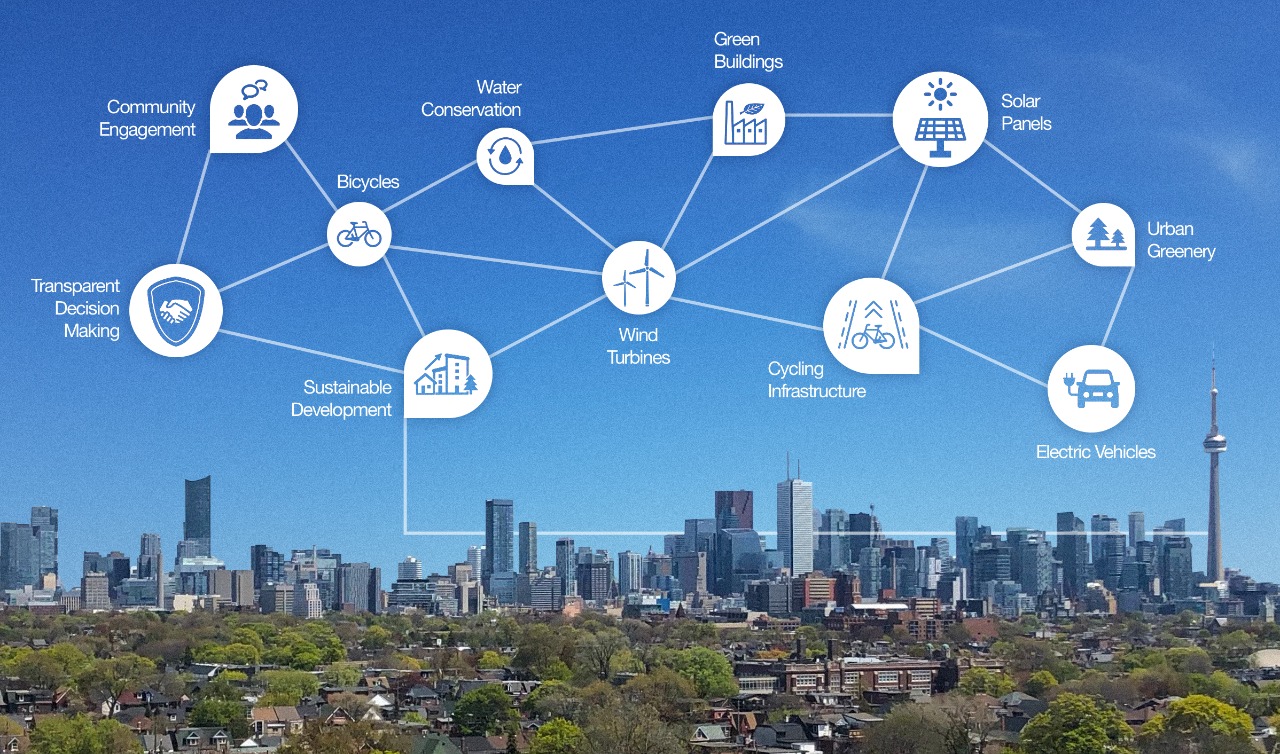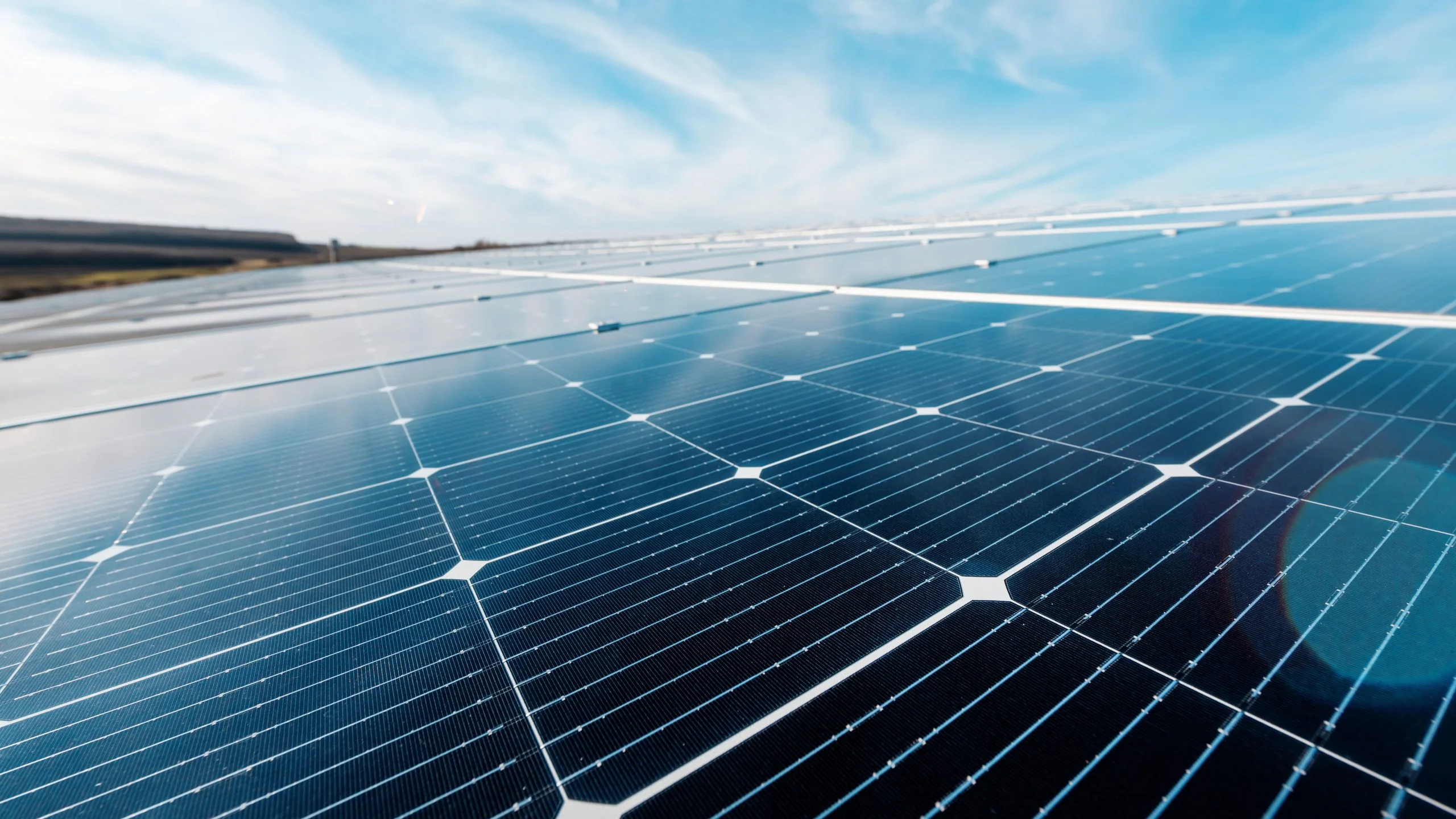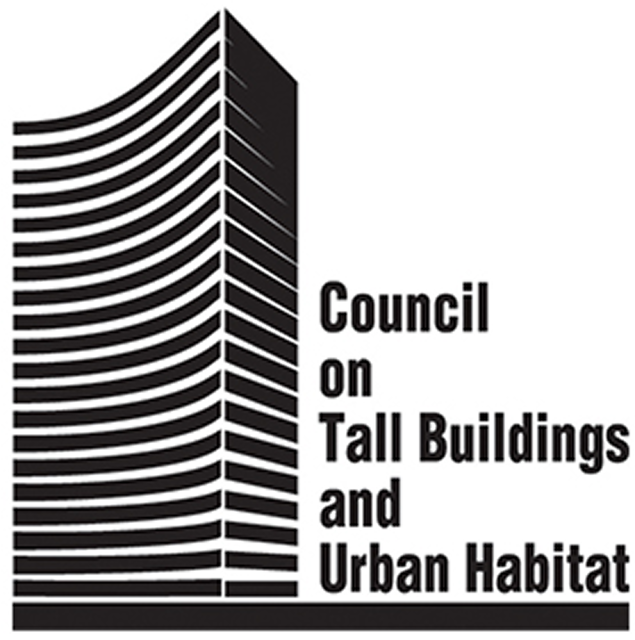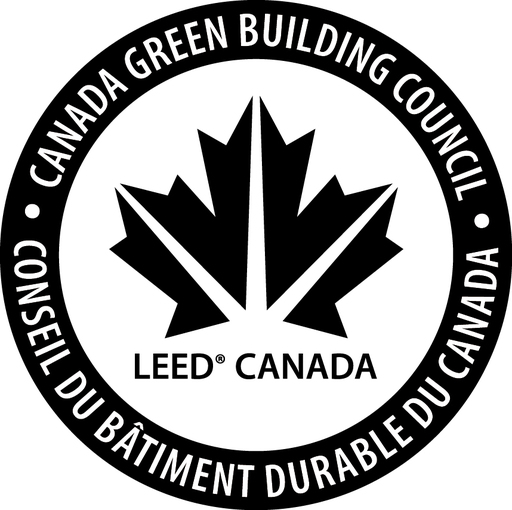
Community Power Projects: Local Renewable Energy Initiatives in Toronto


Toronto is actively pursuing a sustainable future, and Community Power Projects are essential to this progress by enabling local renewable energy generation and consumption. These initiatives, involving solar, wind, CHP, and biogas, offer environmental, economic, and social benefits like reduced emissions, job creation, and community empowerment. Organizations like TREC, SolarShare, and Toronto Hydro, along with the City's planning, are driving the growth of these projects towards a more resilient and community-driven energy future for Toronto.
Toronto is actively building a sustainable future, and innovative Community Power Projects are a vital part of this progress. These local renewable energy initiatives empower residents and businesses to directly engage in clean energy generation and consumption, cultivating community ownership and environmental responsibility.
At KDC, we recognize the importance of these initiatives in building a greener and more resilient urban landscape.

What are Community Power Projects?
Community Power Projects involve renewable energy systems that are developed, owned, and operated by local communities.
This model ensures that the economic and environmental benefits of renewable energy stay within the community, promoting local development and strengthening social bonds. These projects often include:
- Solar Power: Rooftop and ground-mounted solar installations, like those financed by SolarShare, are increasingly common in Toronto. These projects allow residents and businesses to invest in and benefit from clean solar energy.
- Wind Power: While less common in the urban core, wind energy projects, such as the WindShare turbine at Exhibition Place, demonstrate the potential for community-owned wind energy in the Greater Toronto Area.
- Combined Heat and Power (CHP): District energy systems, as highlighted in Toronto's Community Energy Planning initiatives, improve energy efficiency and reduce emissions by distributing thermal energy to multiple buildings.
- Biogas: Innovative projects like the Toronto Zoo Biogas Co-op showcase the potential of converting organic waste into renewable energy.

Key Benefits of Community Power
The rise of Community Power Projects in Toronto is not solely driven by environmental concerns; these initiatives offer a compelling range of benefits that extend across ecological, economic, social, and infrastructural dimensions, making them a cornerstone of a sustainable and resilient urban future.
Environmental Sustainability
By generating clean energy from renewable sources like solar, wind, and biogas, community power directly displaces fossil fuel-based electricity. This significantly reduces greenhouse gas emissions and air pollutants, crucial for Toronto to meet its climate goals and improve local air quality.
Economic Growth
These projects create local jobs in development, installation, and maintenance. They also stimulate local economies through procurement and provide opportunities for community investors to receive stable returns, fostering local wealth and economic resilience.
Community Empowerment
Community power enables residents and organizations to actively participate in clean energy generation, fostering a sense of ownership and responsibility towards the environment. This direct involvement increases understanding of renewable energy and strengthens community bonds around sustainability.
Energy Resilience
Decentralized energy generation through community projects enhances the resilience of Toronto's energy system. By diversifying the energy mix and potentially enabling microgrids, these initiatives reduce reliance on centralized power and improve the ability of communities to withstand energy disruptions.
Toronto's Leading Initiatives
Toronto's progress in Community Power is significantly driven by the dedication and innovation of several key organizations and city-led initiatives:
TREC (Toronto Renewable Energy Cooperative): A long-standing non-profit cooperative, TREC empowers communities to develop and own renewable energy projects. They provide crucial expertise in project development, financial planning, and community engagement, fostering a collaborative approach to local sustainable energy. TREC has been instrumental in numerous successful community-owned renewable energy installations across the city.
As Canada's largest renewable energy co-operative, SolarShare democratizes investment in solar PV systems across Ontario, including Toronto. Their model allows individuals and organizations to invest in a portfolio of solar projects, contributing to clean energy generation and receiving financial returns. SolarShare manages all aspects of project development and operation, making solar investment accessible and impactful.
The city's electricity distributor, Toronto Hydro, plays a vital role in enabling community power by modernizing the grid to integrate distributed renewable energy sources. They are investing in smart grid technologies and energy storage solutions to ensure the reliable and efficient connection of local generation projects. Toronto Hydro also provides technical support to community power developers, facilitating their integration into the city's energy infrastructure.
City of Toronto's Community Energy Planning:
The City has embedded energy considerations into its urban planning through its Community Energy Planning framework. This strategic approach promotes local energy solutions, including community power projects, district energy, and microgrids, through policy, streamlined permitting, and stakeholder collaboration. The City's commitment aims to create an enabling environment for decentralized energy generation to meet its climate action goals.

The Future of Community Power in Toronto
The future of Community Power in Toronto holds immense promise.
By wholeheartedly embracing these local initiatives and actively fostering robust collaboration between residents, businesses, and all levels of government, Toronto can forge a brighter path towards a cleaner, more resilient, and truly community-driven energy future.
Collaboration will unlock further innovation, attract greater investment, and ensure that the benefits of clean energy are shared across all neighborhoods, strengthening the social and environmental fabric of the city for generations to come.
















